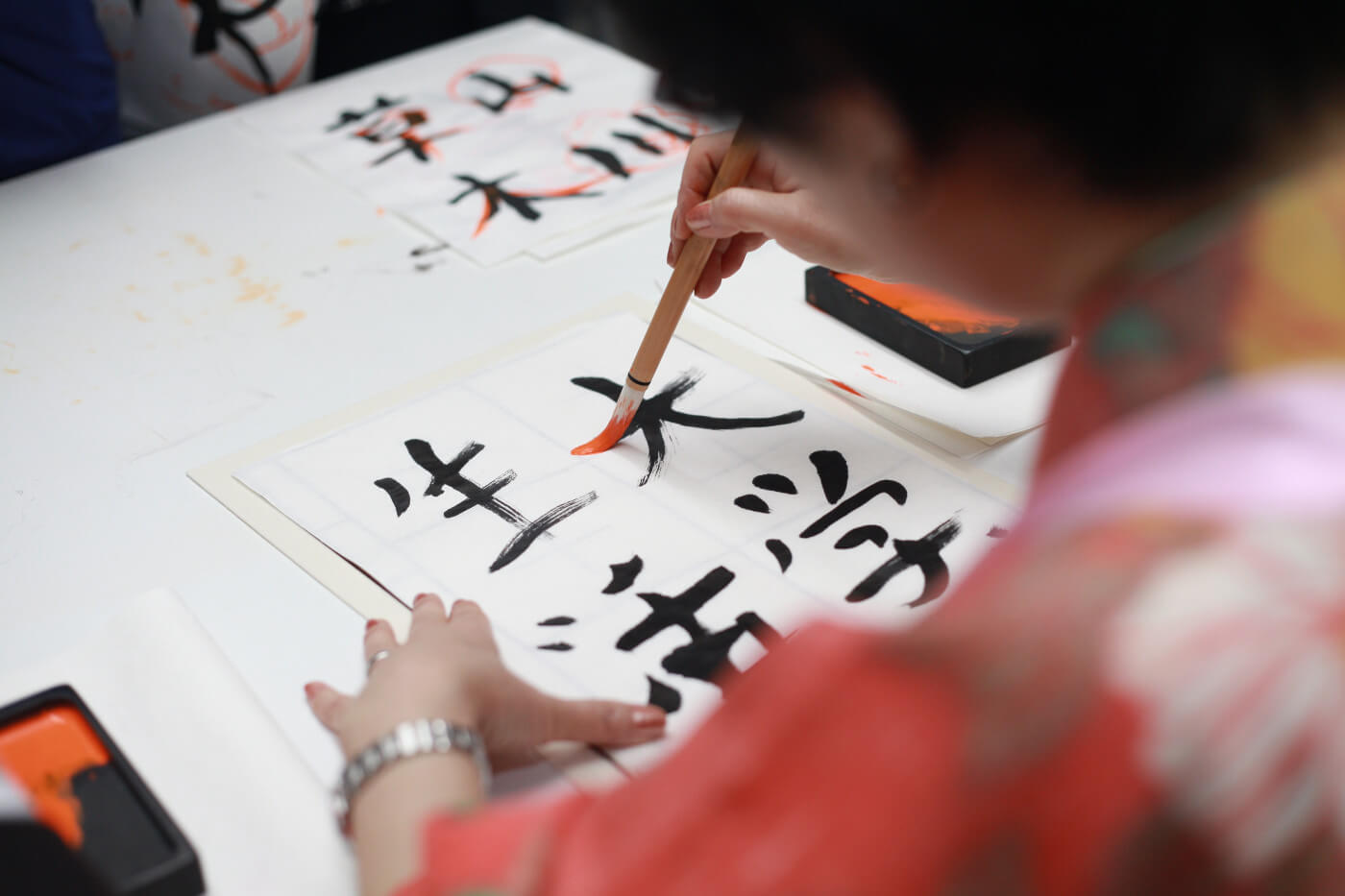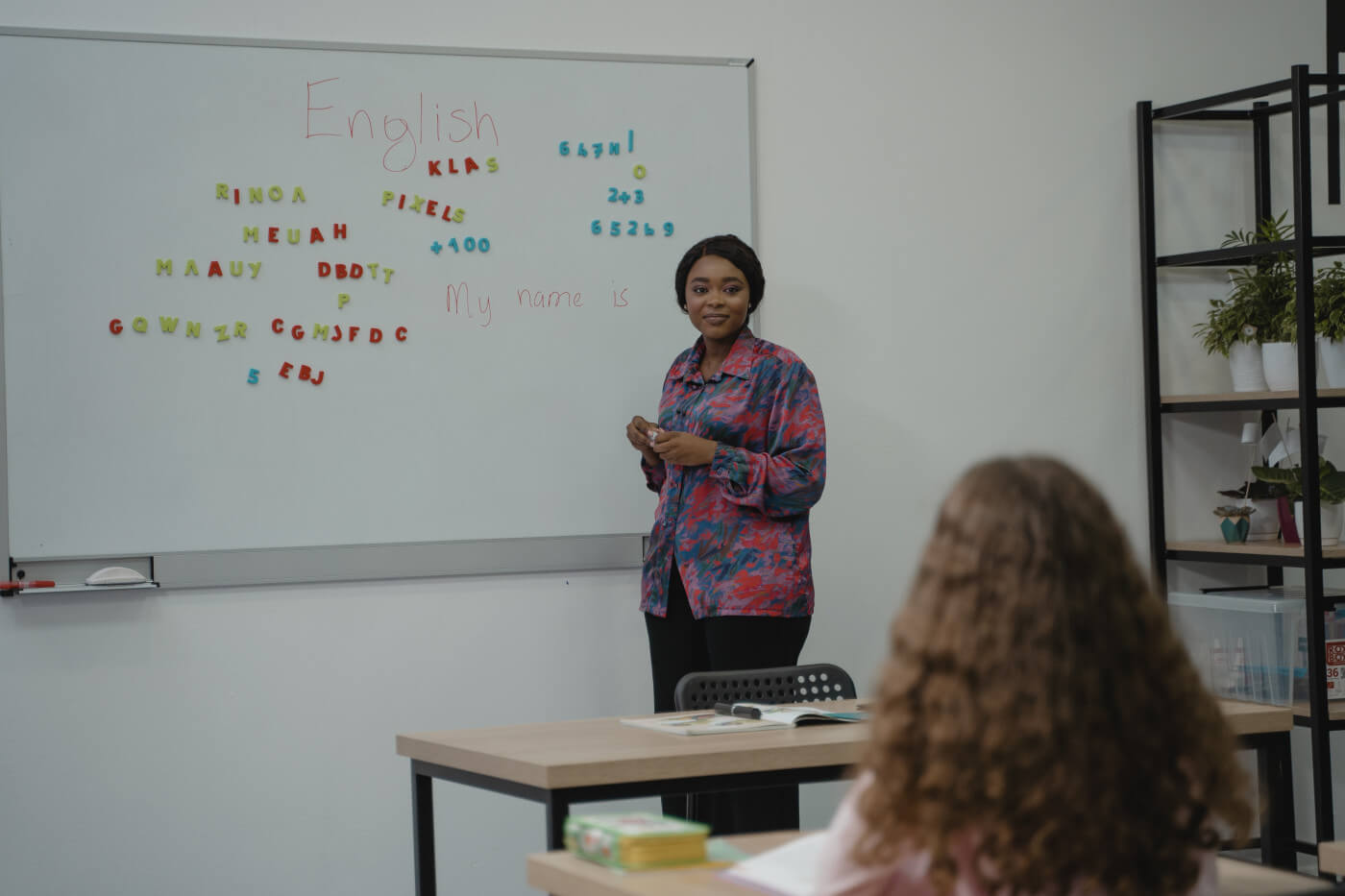Which Languages Are Hardest To Learn?

Learning a new language is an exciting opportunity to expand your knowledge and awaken your creativity. Many people search for the easiest languages to learn, which we covered in this post, while others seek a challenge. If that’s you, read on for our list of the top 10 hardest languages to learn.
Why Learn a Difficult Language?
- Many challenging languages are widely spoken and valuable. For example, Mandarin Chinese is spoken by 918 million people.
- Mastering a difficult language improves memory and focus. Check out this study for more insights.
- Overcoming the challenge of learning a complex language brings a great sense of accomplishment.
What Makes a Language Difficult?
The difficulty of learning a language is often measured by the time required to achieve professional proficiency. Easy languages take around 600 hours, while harder languages may require up to 2200 hours.
Signs of Professional Proficiency
- You understand almost everything when someone speaks at a normal speed.
- You can comfortably converse in most situations.
- You communicate using extensive vocabulary with minimal pauses.
Languages can be tough due to factors like tonal variations, unfamiliar writing systems, or complex grammar rules. A language that checks two or more of these boxes is typically considered hard to learn.
Top 10 Hardest Languages to Learn
1. Arabic
Arabic is a Semitic language spoken by 245 million people natively and 29 million non-natively. It features a right-to-left script, complex grammar, and challenging pronunciation. Learning Arabic provides insight into Arab culture and opens up new opportunities.
2. Japanese
Japanese is spoken by 128 million people and uses three writing systems: Kanji, Katakana, and Hiragana. Basic literacy requires memorizing around 2000 characters. Respectful speech, or "keigo," adds another layer of complexity. However, learning Japanese can deepen your understanding of its rich pop culture.
3. Polish
Polish, the second most spoken Slavic language, features a complex gender system and free word order. Spelling and pronunciation are challenging due to long consonant clusters, like "szczęście" (happiness). Despite its difficulty, learning Polish provides access to a unique cultural and linguistic world.
4. Korean
Korean is spoken by 80 million people and features the logical Hangul alphabet, designed by King Sejong the Great. Despite its simplicity, Korean’s word order, double consonants, and vowel sounds make it challenging for English speakers.
5. Mandarin Chinese
Mandarin is a tonal language spoken by over 1 billion people. The meaning of words changes based on intonation. Its writing system includes tens of thousands of characters, adding to the complexity. Learning Mandarin opens doors to a widely spoken and influential language.
6. Hindi
Hindi, spoken by 341 million people natively, descends from Sanskrit. Its phonetic nature is complicated by unfamiliar sounds and subtle word differences. Mastering Hindi provides access to a rich cultural and historical heritage.
7. Hungarian
Hungarian, spoken by 13 million people, belongs to the Uralic language family. Its complex grammar, 14 vowels, and unusual pronunciation make it challenging. Hungarian also features descriptive words that lack direct English translations, enriching the learning experience.
8. Russian
Russian uses the Cyrillic alphabet, where familiar-looking letters make different sounds. Its grammar is simpler than Polish but still challenging for English speakers. For example, the verb "to be" is omitted in the present tense, making sentences like "I student" grammatically correct.
9. Turkish
Turkish is an agglutinative language where prefixes and suffixes create long verbs, like "konuşmayı reddediyorlar" (they refuse to talk). Vowel harmony adds another layer of complexity, but Turkish grammar is relatively consistent, making it rewarding to learn.
10. Danish
Danish features simple grammar but challenging pronunciation. Words sound nothing like they are spelled, making speaking and comprehension difficult for beginners. For example, "mit navn er" (my name is) is pronounced "meet now’n air."
Looking for Language Support?
We offer language tutors to help you on your journey. Search for tutors in your area: Johannesburg, Pretoria, Durban, and Cape Town.
Related Articles

Which Languages Are Easiest To Learn?
So you’ve decided to learn a new language? Well done! A great first step is to select the language you’d like to begin speaking. You may be wondering which languages are easiest to learn and today we’re going to share with you our top 9!
Read More

50 Words To Impress Your English Examiner
If you want to impress your English examiner and get more creative with your writing, here is one very simple and practical step you can take: include new and interesting words into your vocabulary. (read more)
Read More

40 Unique Ways to Learn a Foreign Language
We’ve listed 40 unique ways that you can learn a new language. Whether you are looking to brush up on the basics, pass your university exams, or move to a non-English speaking country and fit in quickly, there’s something on this list for everyone! (read more)
Read More

We help families find their perfect tutor
Help your child improve their grades and get their confidence back.
GET A TUTOR